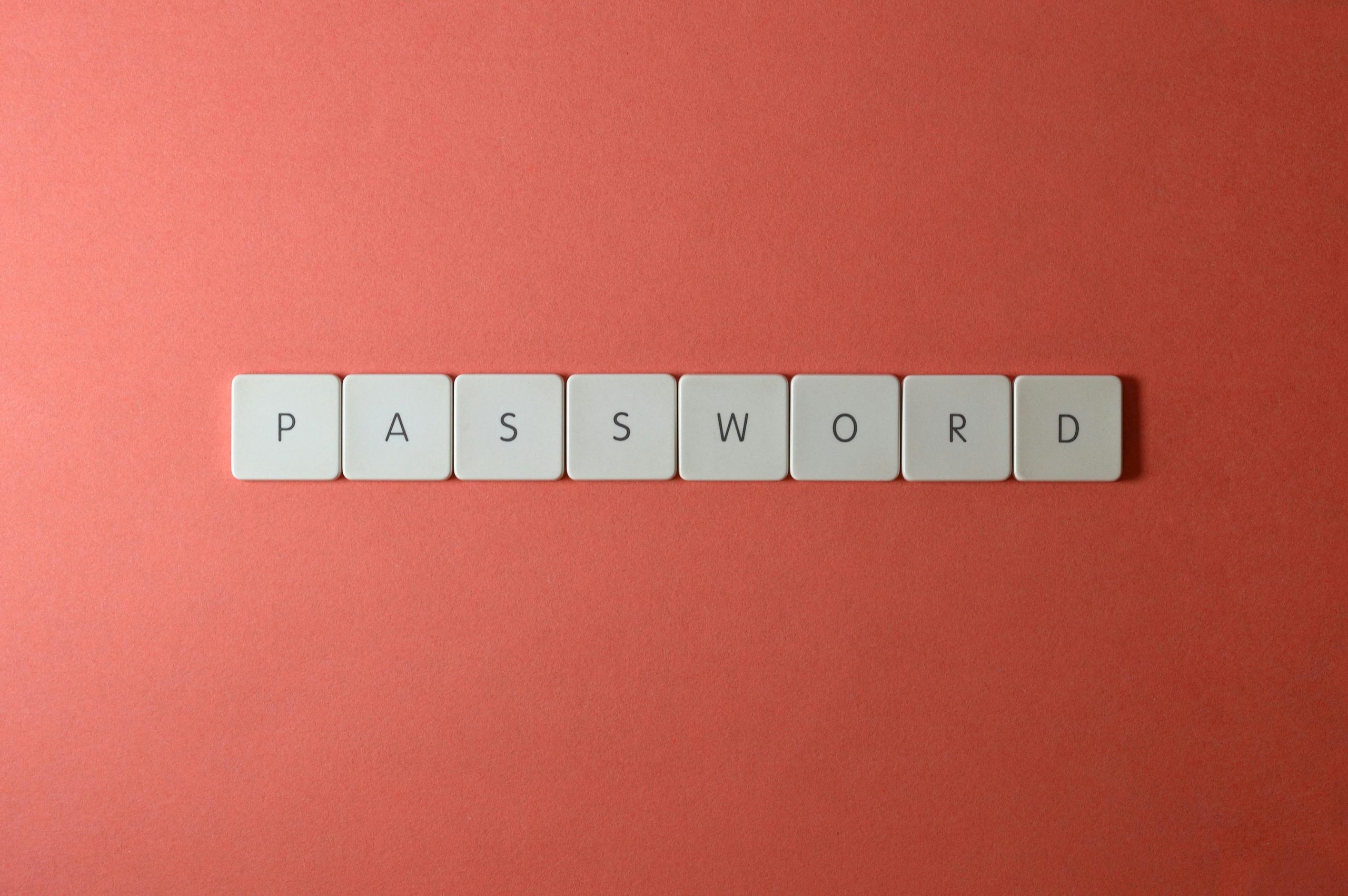Remote work has become the norm for many professionals, but with this shift comes increased cybersecurity risks. One of the most critical aspects of staying safe online is using strong, unique passwords for every account. However, remembering dozens of complex passwords is nearly impossible—this is where password managers come in. These tools not only store your credentials securely but also generate strong passwords, autofill login forms, and even alert you to potential breaches. For remote workers, a reliable password manager is a must-have to protect sensitive data and boost productivity. Below, we explore the top secure password managers tailored for remote professionals.
Why Remote Workers Need a Password Manager
Remote workers often access multiple accounts across different platforms, from email and project management tools to banking and cloud storage. Reusing passwords or relying on weak ones puts both personal and company data at risk. A password manager addresses these challenges by:
- Enhancing security: Generating and storing complex passwords reduces the risk of breaches.
- Saving time: Auto-filling login credentials eliminates the hassle of remembering or typing passwords.
- Simplifying access: Encrypted vaults allow secure sharing of credentials with team members when needed.
- Providing breach alerts: Many password managers notify users if their credentials appear in a data leak.
For remote teams, these features are invaluable in maintaining security without sacrificing efficiency.
Top Secure Password Managers for Remote Workers
1. Bitwarden
Bitwarden is a favorite among remote workers for its open-source transparency and affordability. It offers end-to-end encryption, cross-platform compatibility, and secure password sharing. The free version is robust, while premium plans add features like emergency access and advanced two-factor authentication (2FA).
2. 1Password
1Password stands out for its user-friendly interface and strong security features. It includes a Travel Mode to remove sensitive data from devices when crossing borders—ideal for digital nomads. Family and team plans make it easy to share passwords securely.
3. LastPass
LastPass is a well-known option with a free tier that covers basic needs. Its password auditing tool identifies weak or reused passwords, and the paid version adds dark web monitoring and priority tech support. However, recent security incidents have led some users to explore alternatives.
4. Dashlane
Dashlane goes beyond password management with a built-in VPN and real-time phishing alerts. Its Password Health score helps users improve their security habits, and the emergency contact feature ensures access in critical situations.
5. Keeper
Keeper is a highly secure option with zero-knowledge encryption and optional biometric login. It’s particularly popular among businesses due to its robust auditing capabilities and role-based access controls.
Key Features to Look for in a Password Manager
Not all password managers are created equal. When choosing one for remote work, prioritize these essential features:
- End-to-end encryption: Ensures only you can access your data.
- Cross-platform sync: Works seamlessly across devices and operating systems.
- Two-factor authentication (2FA): Adds an extra layer of security.
- Secure sharing: Allows safe credential sharing with team members.
- Password generator: Creates strong, unique passwords automatically.
- Breach monitoring: Alerts you if your data is compromised.
Additionally, consider ease of use, customer support, and pricing to find the best fit for your needs.
Best Practices for Using a Password Manager
Even the best password manager won’t help if used improperly. Follow these best practices to maximize security:
- Use a strong master password: This is the key to your vault—make it long and unique.
- Enable two-factor authentication: Adds an extra barrier against unauthorized access.
- Regularly update passwords: Change critical passwords periodically and after any breach.
- Limit shared access: Only share credentials with trusted team members and revoke access when no longer needed.
- Back up your vault: Ensure you can recover your data if your device is lost or damaged.
By adopting these habits, remote workers can significantly reduce their vulnerability to cyber threats.
Conclusion
For remote workers, a secure password manager is more than a convenience—it’s a necessity. Tools like Bitwarden, 1Password, and Dashlane offer robust protection while streamlining workflows. By choosing a reliable solution and following best practices, remote professionals can safeguard their data and focus on productivity. Investing in a password manager today is a small step that pays off in long-term security and peace of mind.


